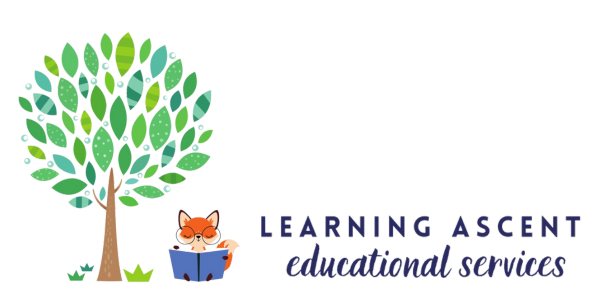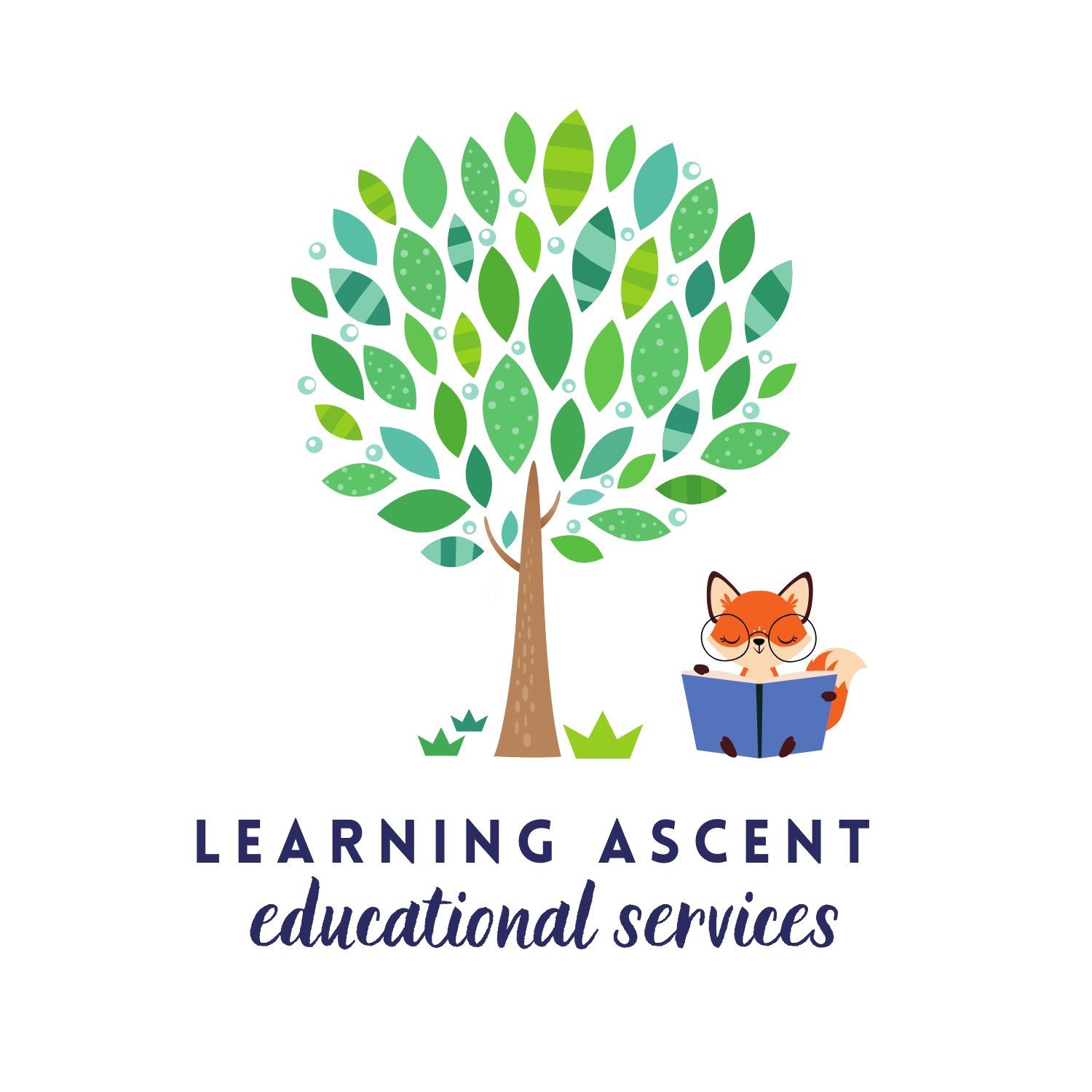Mrs. Joanne Lund teaches 4th grade at Lily Lake Grade School in Maple Park, Illinois. The following article shares some wisdom she has gained over her 30 years of teaching. This expert advice is geared especially toward fourth graders and 4th grade parents.
A student’s 4th grade year is a pivotal time for the individual as well as for parents. This is a crucial year to set the academic and social foundations for future middle school and high school success. Without these foundations, academic achievements in 5th grade and a smooth transition into middle school will be more difficult. This is also the first time many parents reach out for homework help and other expert advice for their student.
Learning Ascent wanted to provide such expert advice to our readers, so we picked the brain of veteran 4th grade teacher Mrs. Joanne Lund. After transferring to Lily Lake Grade School 19 years ago, Mrs. Lund began teaching 4th grade and has continued to teach it ever since.
Throughout her career, Mrs. Lund has gained valuable experience with elementary students, and this week, we are sharing what she has learned with you: our readers. Let us take you inside her head as she shares some insight on the joys and struggles of fourth grade.
Homework Hurdles
Homework in 4th grade can be frustrating at times. Mrs. Lund notices that some students do not write complete sentences or complete thoughts. Even though this is a simple correction to make, some students chronically forget to make these edits. Parents should remind students to read over their homework to make sure these common mistakes are minimized. Parents could also take a final look at the student’s work before it is turned in.
Mrs. Lund suggests Math can be a challenge for many 4th graders. Many students have trouble with fractions, long division, and multiplication. Some students just take a little longer to grasp mathematical concepts. She says that the frustration with these topics can also affect parents.
Her rule of thumb is that if a parent is trying to help his or her child with a math concept, like long division, and the child doesn’t understand after numerous attempts, it’s best to move on to something else so the child takes his or her mind off the long division. And if there are tears, that is definitely the cue to stop trying the long division that day. She recommends that if this tension occurs, please write a note to the teacher who can find another strategy and work through the material the next day at school.
Organize For Success
Do you ask your child every day if he or she has homework, only to receive a constant “no”? This is a common problem for 4th-grade parents, but there are options for parents to consider with their student so that they are both on the same homework page.
In Mrs. Lund’s 4th grade class, the students receive school-issued assignment notebooks. She requires that, for each subject, the students write down that day’s homework assignment. The parents are also required to sign the assignment notebook each night to confirm that they know what work the students were assigned that day. Writing in an assignment notebook at an early age like 4th grade starts a good habit that can keep students organized into middle school, high school, and even into college.
Another organizational tool Mrs. Lund recommends for 4th grade success is the use of folders. She recommends a different folder for each subject: for example, a red folder for math and a green folder for science. This will help the students keep their work in the right place and will help save time because they won’t have to look for lost papers.
Academic organization is not just a key to success for 4th graders; it will help students in overall life skills. Organized people typically have less stress and less wasted time looking for items.
Letter Grades in 4th Grade?
Parents frequently ask about homework help for their 4th grader. Mrs. Lund partially attributes this concern to the change at Lily Lake School to letter grades, beginning in 3rd grade. This change is huge for young students, most of whom are about 9 years old when they begin seeing A, B, C, D, or F on their report cards. According to Lund, some families who want their students to excel in school place a big emphasis on grades, beginning at an early age.
The letter-grading system may be a cause for concern and anxiety for some parents and students, but getting a bad grade in one subject in 4th grade is not necessarily going to derail the student’s future success. Mrs. Lund offers her top 3 recommendations for parents on how to cope with the challenges of 4th grade:
- Relax: Not all students develop at the same rate as others. Even if your child doesn’t understand a concept at this moment in time, be patient—it will often click soon enough.
- Have Realistic Expectations: Don’t expect too much of your child and don’t expect him or her to always be a straight-A student. Getting a B in 4th grade is perfectly acceptable.
- Don’t Give Up: Even if your child is struggling, continue to be supportive, because with a good work ethic and possibly outside tutoring, the child may soon see the academic results he or she works to gain.
More Rigorous State Standards
Mrs. Lund suggests that the State Core Curriculum standards for 4th grade have significantly increased. These accelerations in scholastic rigor compel parents to seek homework help and tutoring for their student. Homework help for 4th grade has become a hot topic among parents as state education standards and our schools have much higher expectations of younger students.
Mrs. Lund says, “Ten years ago, a Kindergarten student was pretty much just expected to learn how to use scissors and refrain from eating glue. Now they are expected to read. What was expected of a 1st grader ten years ago is now expected of a Kindergarten student.”
Technology: Good or Bad?
In District 301, all students receive a Chromebook. Even though the Chromebook offers vast information to students, the devices have some drawbacks. Mrs. Lund has heard parents complain that their students are using them constantly, and not necessarily for school assignments. Some of the most common complaints are that students are spending too much time playing games or watching YouTube videos on their Chromebooks.
Parents have also suggested the Chromebooks are pulling students away from their families. Some students are spending hours in their room and when they finally come downstairs and their parents ask them what they have been up to, the students tell them, “I have been doing homework on my Chromebook.”
Mrs. Lund suggests that if your student is repeatedly telling you this, then that probably means they were playing on their Chromebook. In 4th grade, students are not assigned excessive hours of homework. Their assignments can be finished in a reasonable amount of time, on average no more than 1-2 hours.
Chromebooks certainly have benefits. Students have just about instant access to sources of credible information and education websites to enhance their learning experience. One of Mrs. Lund’s favorite activities to do with the Chromebook is to go on virtual “field trips.” With Internet applications like Google Earth, students can visit any location in the world. In one of her recent virtual field trips, Mrs. Lund’s 4th grade class visited Washington D.C. She says that it was a great experience for her students to see historical sites like the White House, the Vietnam Memorial, the U.S. Capitol Building, and numerous other places, especially because many students will not have the opportunity to travel to Washington D.C. while they are students.
Group Learning or Individual Learning?
In 4th grade, teachers emphasize group learning just as much as learning for the individual student. In Mrs. Lund’s 4th grade class, about 40% of learning is individual, 40% is conducted in groups, and 20% is in pairs or as an entire class, such as when the class puts on a play.
To excel in group learning activities, Mrs. Lund recommends students to not be bossy or self-centered and to listen to others. Some students, Mrs. Lund has observed, become disappointed when the group does not use his or her idea. Throughout 4th grade, there are plenty of other opportunities when a student’s group will use his or her ideas.
Parents’ Checklist
Parents can experience stress when their 4th grader struggles with academic content, homework time management, or organizational skills. Simple strategies parents can utilize to enhance their child’s 4th grade experience include:
Listen to your child’s concerns. Observe if there is a pattern or common thread to his or her anxiety.
Communicate with your child’s teacher. Teachers appreciate parents who are engaged in their student’s progress, and who can advise the teacher of any “outside-the-classroom” issues that may impact the student’s schoolwork. Some top-tier parent resources include the following:
- Crucial Conversations: Tools for Talking When Stakes Are High by Patterson, Grenny, McMillan, and Switzler
- Parenting Teens with Love and Logic: Preparing Adolescents for Responsible Adulthood by Foster W. Cline and Jim Fay.
Reassure your student that the teacher and you both support the child and are both willing and available to assist him or her.
Find the Positive in your child’s situation. What may seem like a monumental issue for your child may just be a normal part of the 4th grade experience.
Seek Outside Tutoring Help- ask the teacher for ideas on finding a great tutor. In the eyes of a student, an outside tutoring professional is a neutral, objective person to help with anything they need to supplement their learning experience.
Learning Ascent would love to help your student. Here is a link to our homework help page: https://learningascent.com/homework-resources/
Learning Ascent offers help for every student at every grade and ability level, from test prep for high schoolers and reading help for elementary students, to homework management for all grades. If your child needs more help, please give us a call at 630-587-2795. We hope to see you at our convenient location soon.
The information from this article was gathered by Luke Schramme, guest blogger for Learning Ascent Tutoring. We thank him and Mrs. Joanne Lund for gathering and sharing this information.



